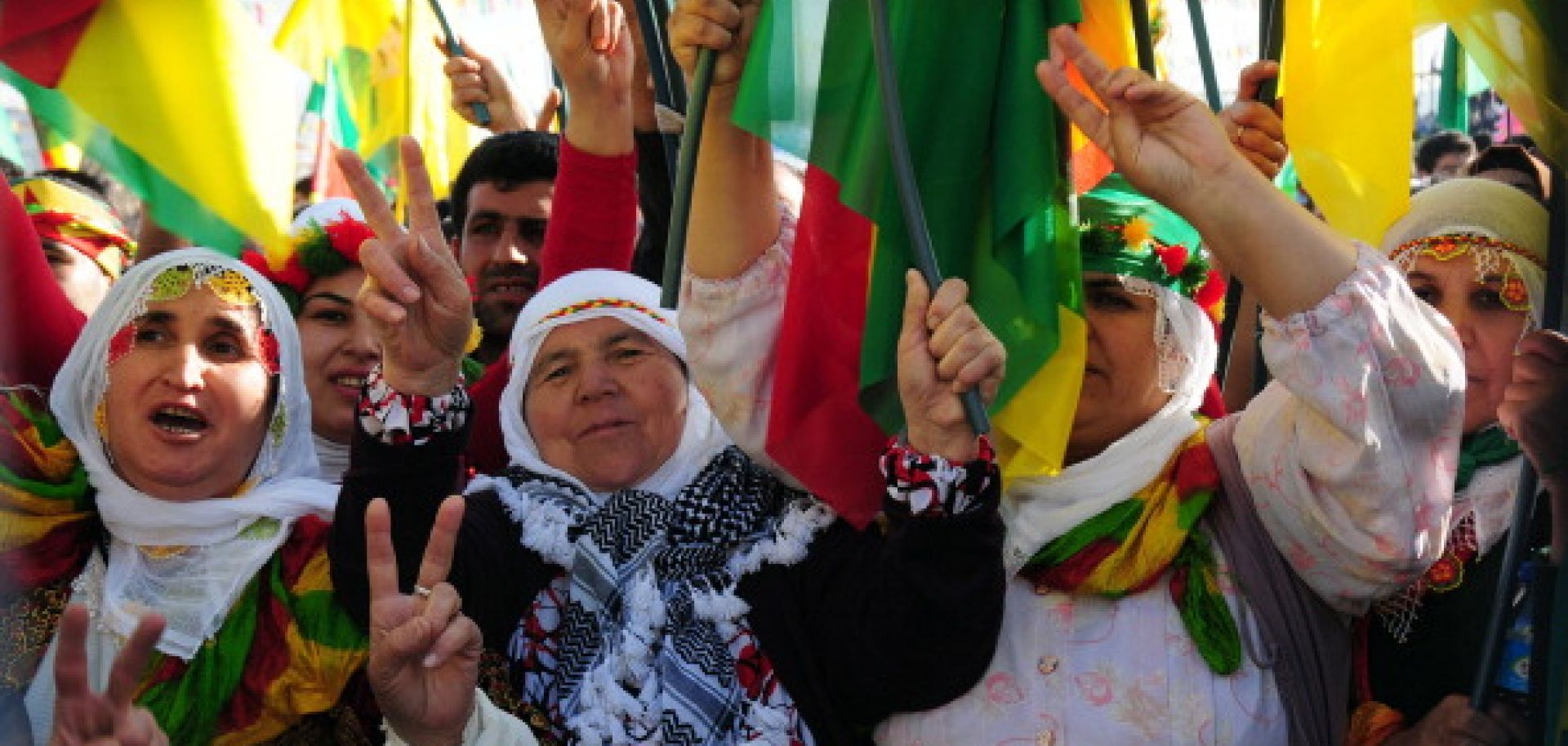ASSESSMENTS
Turkey: The Challenges of a Truce With the PKK
Mar 21, 2013 | 13:40 GMT

-/AFP/Getty Images
Summary
In a letter read aloud during celebrations for the Nowruz holiday on March 21, Abdullah Ocalan, the jailed leader of the Kurdistan Workers' Party, or PKK, announced a much-anticipated cease-fire with the Turkish government. Ocalan's message was read in Kurdish and in Turkish by two deputies of the pro-Kurdish Peace and Democracy Party in Diyarbakir, the southeastern hotbed for the 29-year-old Kurdish insurgency in Turkey.
Ocalan has declared cease-fires in years past on behalf of the PKK, but those truces were usually tactical, meant to give the PKK time and space to replenish forces while under heavy military pressure. This time, the Turkish government and PKK leadership have revived a strategic "road map" for a peace accord with the knowledge and cautious support of the bulk of their constituencies. In his letter, Ocalan blamed the region's violence on artificial borders created by Western imperialism and declared the beginning of a new phase. He said the time had arrived for arms to be silenced and for ideas to speak.
Though the level of public acceptance for these negotiations is unprecedented, the cease-fire announcement is only the first of many steps toward reaching an accord, and chances are high that the process could be derailed down the line.
Subscribe Now
SubscribeAlready have an account?
